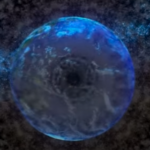
Chant Choku Rei with Deep Healing Delta Beats
August 24, 2024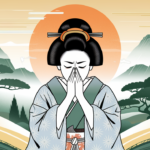
Can Shame Be Healthy?
September 14, 2024I recently stumbled upon the Wikipedia definition of Reiki. They called it a “pseudoscientific form of energy healing, a type of alternative medicine originating in Japan.” The only positive aspect of that definition is that it lists Japan as the system’s originating country. A slice of truth in an otherwise damning definition that is unable to look past a Western gaze and can also be seen to be racially biased and culturally insensitive.
It’s Spiritual, Not Scientific – And That’s Okay!
First, calling the system of Reiki “pseudoscientific” is like calling meditation a failed attempt at napping. It completely misses the point! The system of Reiki is a spiritual practice. It’s about individually finding balance through integrating body, mind, and breath. It’s about quality of life and well-being, which, if we really had to, we could measure if only it were considered important. However, not everything needs a stamp of scientific approval to be valid and helpful.
Complementary, Not Alternative
If we do have to talk in medical terminology and place the practice in a scientific box, by calling the system “Alternative medicine,” the Wikipedia definition is deliberately confrontational. Alternative to what, exactly? The system of Reiki isn’t trying to replace your doctor’s visits or your meds. It’s a complementary practice that can work alongside pretty much anything in your life. That’s one of the most remarkable aspects of the system.
In a Q&A in an old Japanese Reiki manual, the founder of the system, Mikao Usui, answered that anyone can learn it, work with it, and experience it, no matter your age or gender.
The system of Reiki can support you going through chemotherapy, soothe your broken heart, and help you gain a deeper understanding of what it means to be a compassionate human being.
A Practice Rooted in Culture
The system was founded in Japan in the early 1900s and, therefore, reflects the culture and values of that time and place. Meditation, precepts, chanting Japanese waka (poetry), and hands-on healing were all popular and often integral parts of daily Japanese life.
When Wikipedia labels this system “pseudoscientific,” it’s basically saying, “If it doesn’t fit into our Western scientific box, it’s not valid.” Wikipedia may need to take a lesson in cultural sensitivity!
This “Western gaze”—the tendency to judge everything by current Western standards—can easily be culturally insensitive. It’s time we acknowledge and respect diverse cultural and spiritual traditions and leave our arrogance at the door.
Mikao Usui said, “First, we have to heal our spirit.” Our Western gaze might not understand this, but just because we don’t understand it within our limited cultural parameters doesn’t mean it is invalid. I’m sure the Japanese Emperor of the time—who wrote around 100,000 waka for his people—would have agreed with Mikao Usui and been mightily pleased with the idea of the practices supporting the well-being of his people.
The Proof is in the Practice
Look, I get it. We live in a world that wants everything quantified and proven. But some things – like learning to let go, feeling Oneness, or experiencing a deep healing space are hard to measure. But do we need to measure everything? Does it make them better?
It’s a bit like diagnosing a Reiki Treatment. It’s just unnecessary. If we were to diagnose or judge our client’s health, we would fall into the trap of feeling the pressure to quantify and prove. But when doing so we forget that the actual treatment is the healing.
Our personal experiences matter. The anecdotal stories we share about how our practice helps us are valuable. They might not fit neatly into a scientific paper, but they’re real, and they matter.
So, to all my fellow Reiki practitioners, keep doing what you’re doing. Don’t let a definition from Wikipedia get you down. We know the value of what we practice.
And to those who are curious about the system of Reiki – there’s nothing wrong with a practice that helps you to feel better about yourself, gives you tools to grow self-awareness, and supports you in finding more balance in life. Don’t let narrow definitions stop you from exploring something that could bring a sense of wholeness and healing to your life.
The system of Reiki is a beautiful, culturally rich practice that has helped countless people. And at the end of the day, isn’t that what matters?
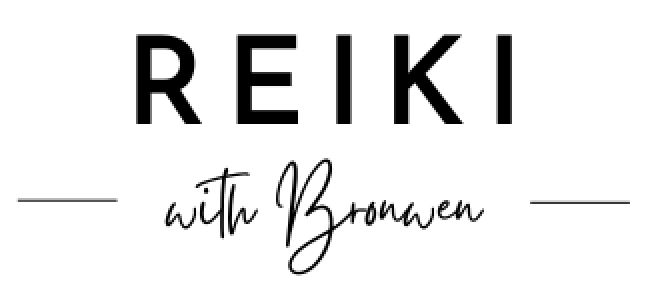
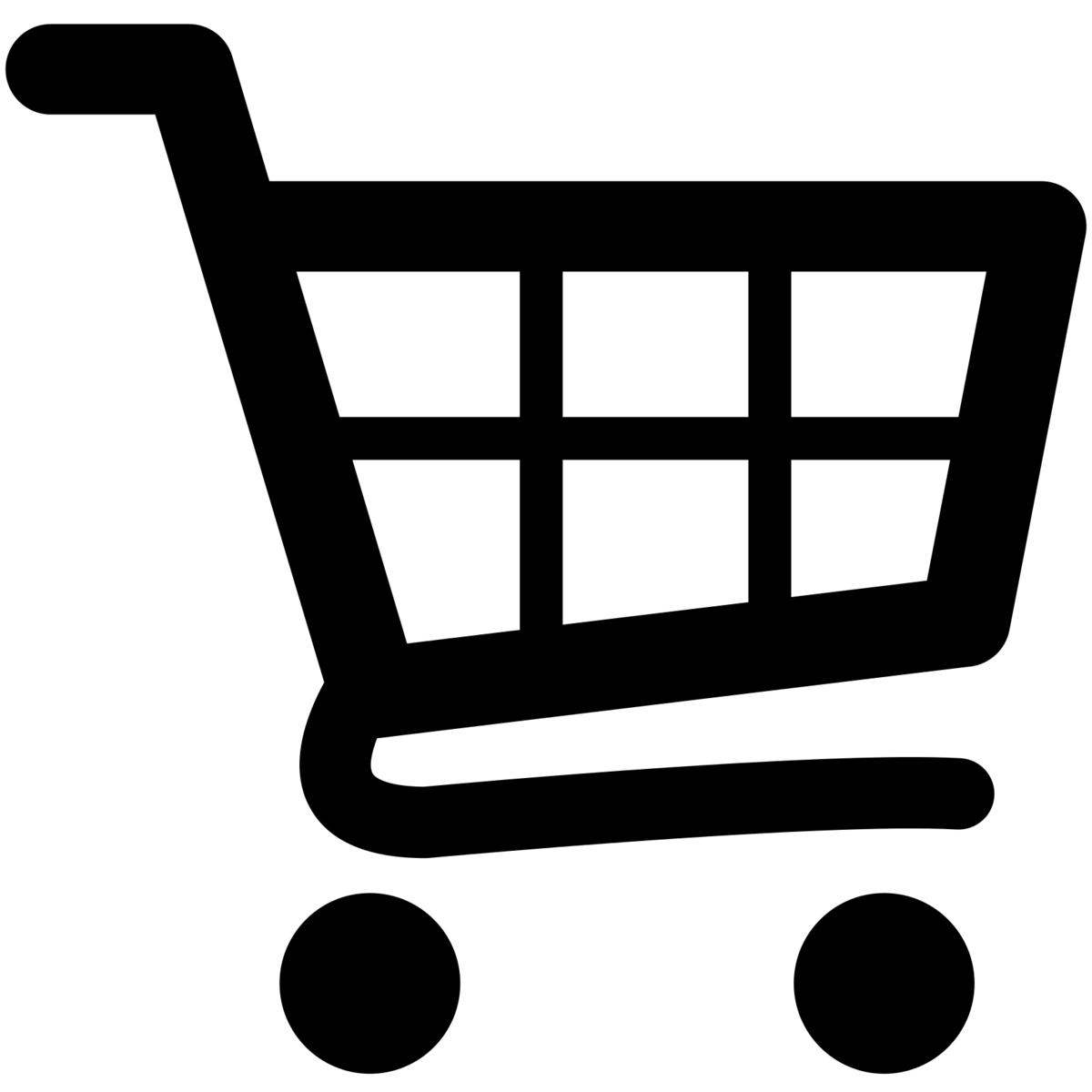
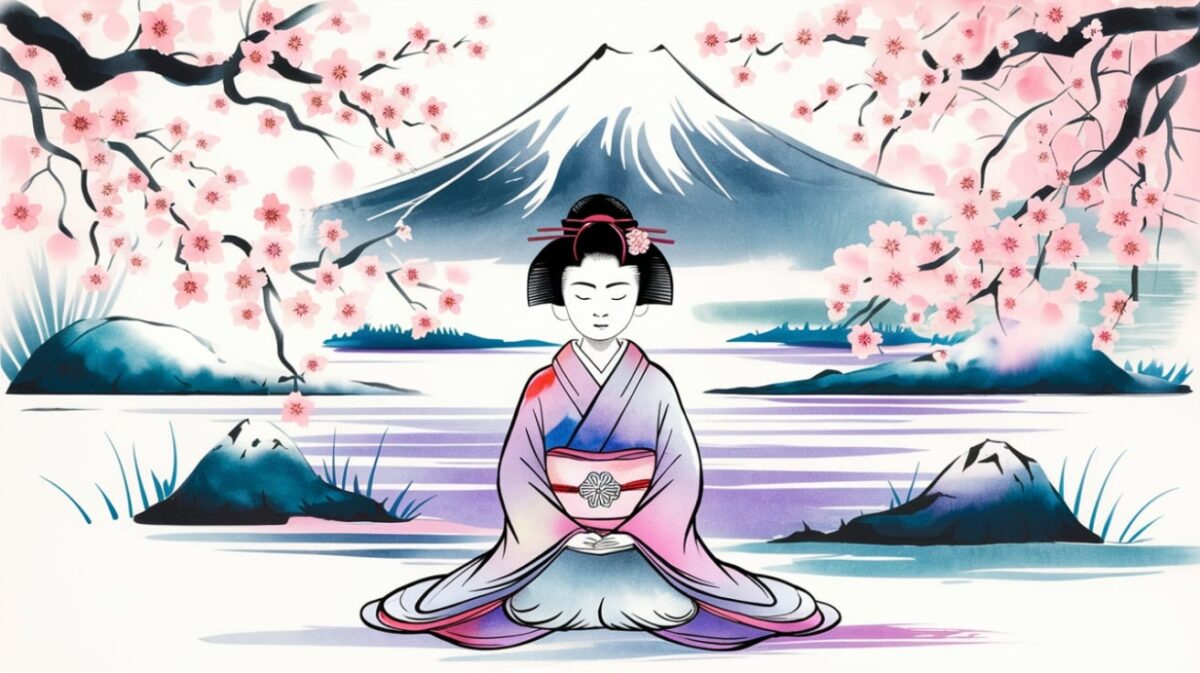
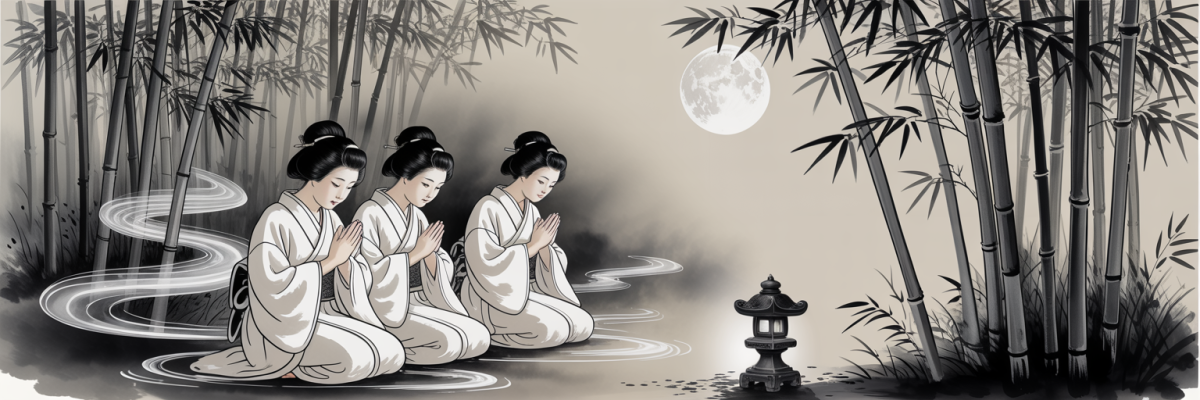
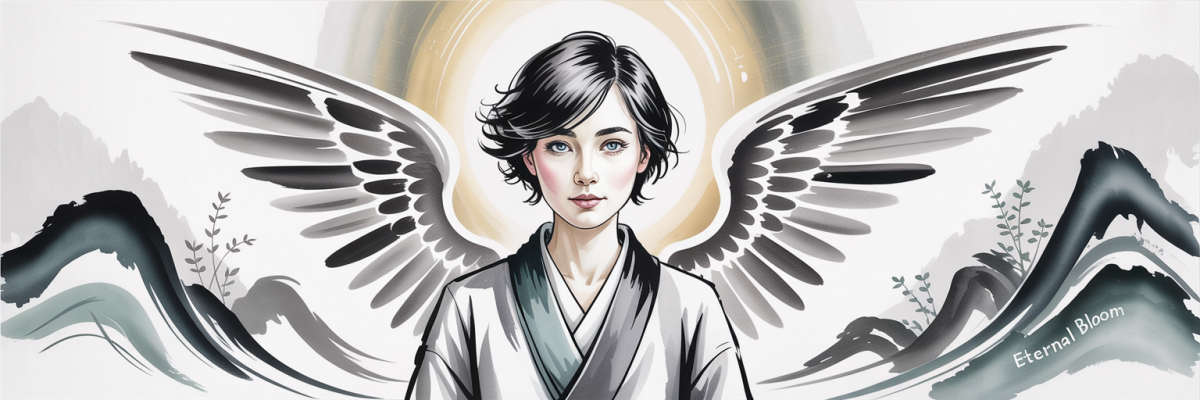
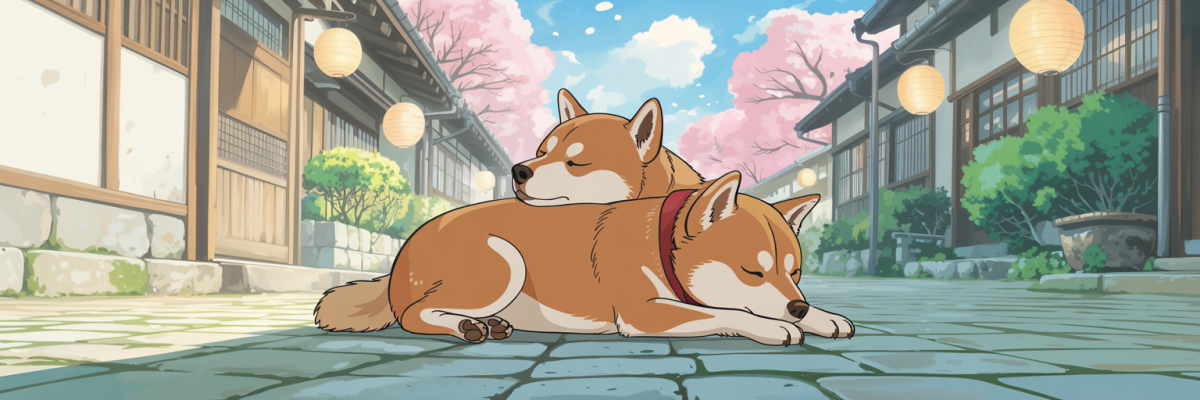
6 Comments
This is a general theme with any complementary, alternative, or holistic therapies on Wikipedia. They make generalized statements like this, and when people try to correct it, the changes just get undone with some condescending argument. They often say there are “no studies” to support the claims, but when you show them dozens or even hundreds of studies, they dismiss them. Some people don’t want to believe; they are happy being asleep. The idea of self-empowerment frightens them.
Hi Randall,
Thanks for your feedback.. I also think it is culturally insensitive. Yes, the system got waylaid into the New Age movement in the 1970s+ but many of us have fought to bring the Japanese underpinnings and cultural respect back into the teachings. Wikipedia could be a part of this, it could be the tool to actually shine a light on the cultural background of the system and the importance that practices like these held and can still hold for Japanese people (and for those of us wishing to continue the practice). x B
My area of emphasis at university was quantitative research methodology and I was trained as a research analyst. The person who contributed information to the wiki stub on Reiki did not do research, they simply collected the articles that supported their opinion. In the early 2000s I did a search of articles in scientific journals to support the efficacy of reiki treatments. This was largely a response to William Rand’s research which was largely anecdotal and didn’t meet the minimum requirements. My purpose was to support the use of Reiki as a collateral therapy in Integrated Medicine Departments…I wanted opportunities for my students to practice in therapeutic settings. The frontline workers on bringing Reiki into hospitals were Canadian nurses. They did wonderful work documenting the effects of several collateral therapies including healing touch and Reiki. In terms of the Catholic Church’s position on Reiki, my Reiki sibling was a Catholic Nun in Los Angeles who practiced Reiki. I was able to make contact with her in a Convent near the city in which I live and she told me of her experiences. This is an interesting topic. I am glad you introduced it.
Thanks Tree! I do have a problem with some research though as they make animals sick (like mice) to see if they can cure them and this goes against everything I feel the system of Reiki is about. As to the church, I know plenty of Catholics who practice the system of Reiki too, I guess they use their commonsense that it can only support a better world.
I find this very interesting especially because Reiki has been studied! Both Johns Hopkins and the Cleveland Clinic have researched Reiki and have found that it works better than placebo… even if they can’t explain why! The Cleveland Clinic even offers Reiki for patients as do several hospitals in the US.
Thanks Mishel, yes it is more widely accepted than ever now.
x B